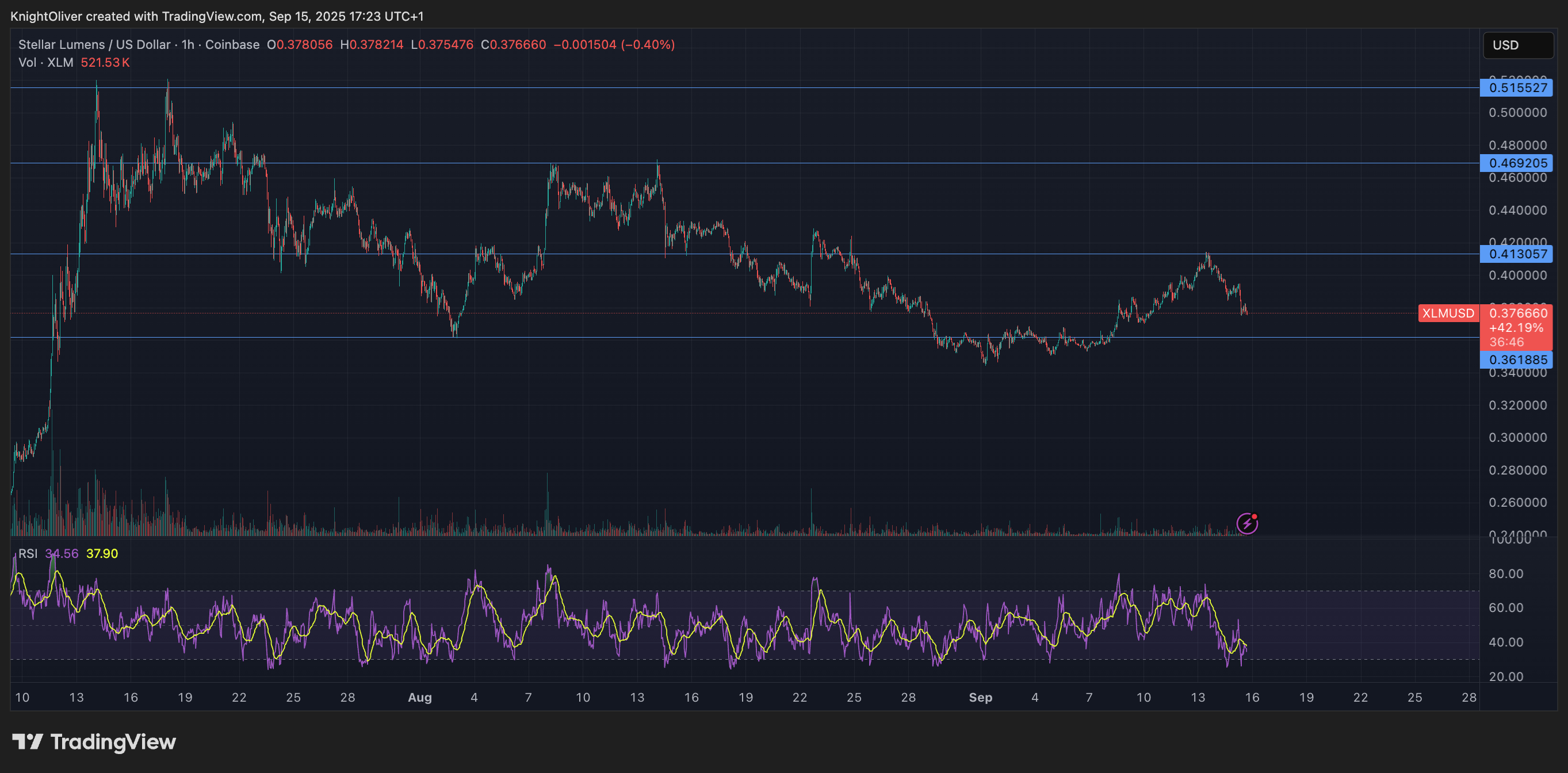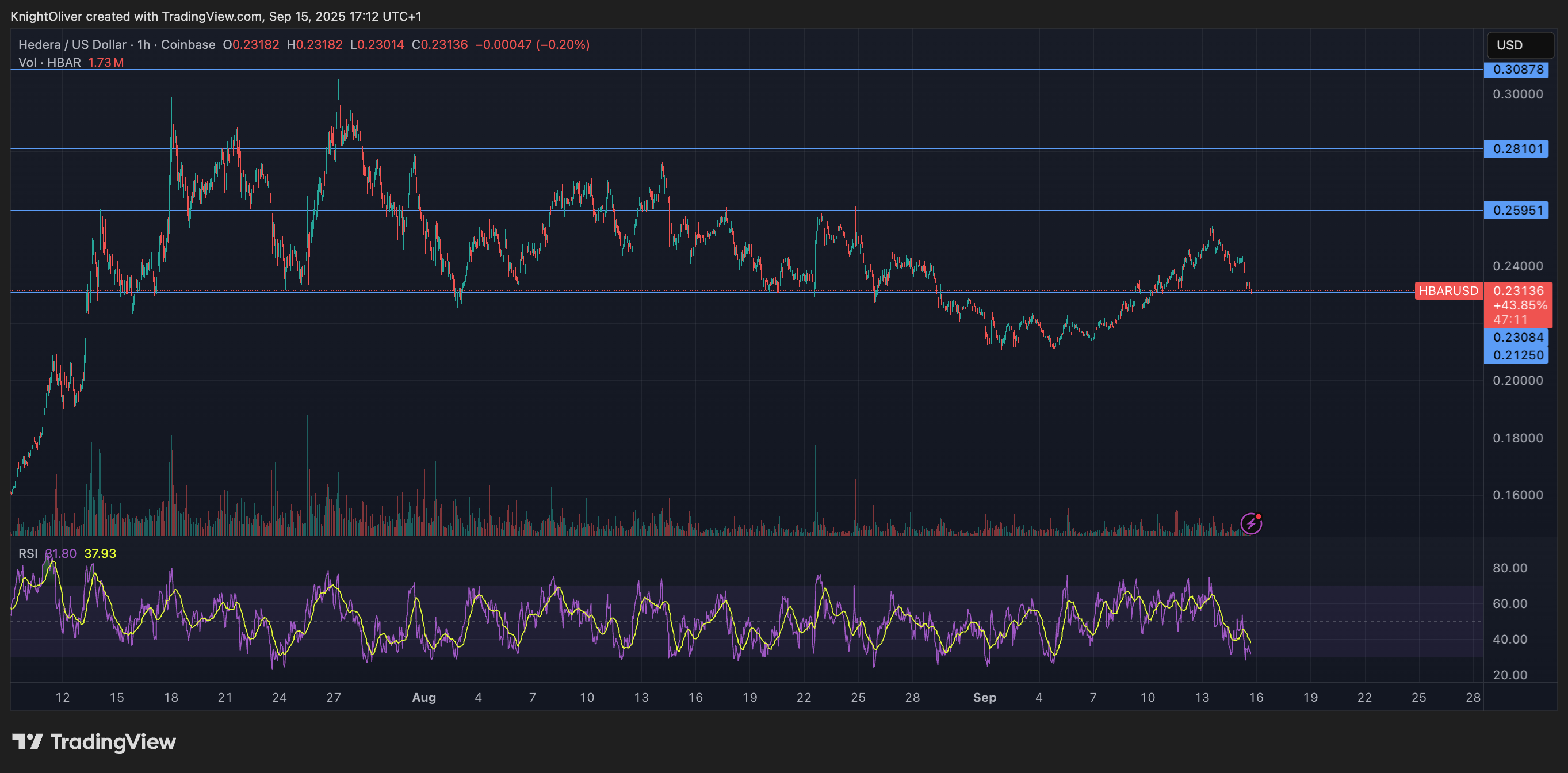Uncategorized
Mudslinging Sullies Prediction Markets Just as Sector’s Prospects Brighten

Kalshi may have tarnished its regulatory halo by slinging mud at a competitor.
Late Friday, Pirate Wires, a technology and culture publication owned by Founders Fund marketing executive Mike Solana, published a bombshell of a story. It documented how Kalshi, the U.S.-regulated prediction market, paid social media influencers to disparage crypto-based, offshore rival Polymarket and its CEO Shayne Coplan after the FBI raided Coplan’s home this month.
Solana (no relation to the $120 billion cryptocurrency) disclosed up-front he had reasons to be biased and report what Kalshi allegedly did: Founder’s Fund is an investor in Polymarket, and Pirate Wires has a paid partnership with Polymarket for ads, among other things.
Nevertheless, Solana wrote, «receipts are receipts,» and the screenshots in the Pirate Wires article paint a damning picture.
One screenshot showed Kalshi employees asking former NFL wide receiver Antonio Brown to quote-tweet a post about Coplan with the comment, «this [n-word] seem[s] guilty.» Brown obliged.
Another influencer, who regularly tweets Kalshi-related content, commented that Coplan’s hairstyle resembled that of FTX’s Sam Bankman-Fried, misleadingly implying that the former committed comparable crimes. (According to The New York Times, the raid was part of an ongoing investigation into whether Coplan ran an unlicensed commodities exchange; Bankman-Fried was convicted of fraud.)
Kalshi CEO Tarek Mansour declined to comment when contacted by CoinDesk.
The Pirate Wires article caused an uproar on X. Jeff Park, head of alpha strategies at Bitwise Investments, accused Kalshi, which has long touted its status as a regulated entity, of «moral hypocrisy.»
Retaliation?
Someone — it’s not clear who — apparently decided that what’s good for the goose is good for the gander and launched a retaliatory smear campaign.
Shortly after Pirate Wires ran its piece, RawsAlerts, a news aggregator, posted on X that Kalshi is under investigation by «multiple agencies,» including the U.S. Federal Trade Commission. The post was awkwardly written («allegations suggest …») and did not cite any sources, even anonymous ones.
When contacted by CoinDesk, a spokesperson for the FTC declined to comment. There is no mention of Kalshi on its cases and proceedings page nor on its warning letters page.
Other accounts quickly echoed the «Kalshi is being investigated» narrative.
Polymarket flatly denied that it had anything to do with these posts: «100% not us,» a spokesperson said via email.
Big picture
In the tech industry, dirty tricks and smear campaigns are familiar territory. When Travis Kalanick ran Uber, it was notorious for using underhanded tactics against Lyft to make business difficult for the then up-and-coming competitor.
The Kalshi-Polymarket fracas comes at an otherwise fortuitous time for prediction markets.
Donald Trump’s election victory vindicated the forecasting value of betting markets, which for most of the campaign showed him leading Kamala Harris while the polls indicated a toss-up.
Moreover, the incoming administration could create a more favorable regulatory environment. Trump campaigned as the first pro-crypto presidential candidate from a major party, and it’s not hard to imagine his deregulatory agenda extending to prediction markets.
If it is true, as Polymarket claims, that the raid on Coplan’s home was «political retribution» by the outgoing Biden administration for calling the election for Trump, the incoming administration might be inclined to drop the investigation.
Although it’s not a crypto company, Kalshi too has chafed under regulatory supervision; it had to beat the U.S. Commodity Futures Trading Commission, led by Biden appointee Rostin Benham, in court before listing markets on the election.
Now on his way out, Benham has thrown in the towel on a proposed rule that would have banned election markets at all CFTC-supervised exchanges.
Uncategorized
Wall Street Bank Citigroup Sees Ether Falling to $4,300 by Year-End

Wall Street giant Citigroup (C) has launched new ether (ETH) forecasts, calling for $4,300 by year-end, which would be a decline from the current $4,515.
That’s the base case though. The bank’s full assessment is wide enough to drive an army regiment through, with the bull case being $6,400 and the bear case $2,200.
The bank analysts said network activity remains the key driver of ether’s value, but much of the recent growth has been on layer-2s, where value “pass-through” to Ethereum’s base layer is unclear.
Citi assumes just 30% of layer-2 activity contributes to ether’s valuation, putting current prices above its activity-based model, likely due to strong inflows and excitement around tokenization and stablecoins.
A layer 1 network is the base layer, or the underlying infrastructure of a blockchain. Layer 2 refers to a set of off-chain systems or separate blockchains built on top of layer 1s.
Exchange-traded fund (ETF) flows, though smaller than bitcoin’s (BTC), have a bigger price impact per dollar, but Citi expects them to remain limited given ether’s smaller market cap and lower visibility with new investors.
Macro factors are seen adding only modest support. With equities already near the bank’s S&P 500 6,600 target, the analysts do not expect major upside from risk assets.
Read more: Ether Bigger Beneficiary of Digital Asset Treasuries Than Bitcoin or Solana: StanChart
Uncategorized
XLM Sees Heavy Volatility as Institutional Selling Weighs on Price

Stellar’s XLM token endured sharp swings over the past 24 hours, tumbling 3% as institutional selling pressure dominated order books. The asset declined from $0.39 to $0.38 between September 14 at 15:00 and September 15 at 14:00, with trading volumes peaking at 101.32 million—nearly triple its 24-hour average. The heaviest liquidation struck during the morning hours of September 15, when XLM collapsed from $0.395 to $0.376 within two hours, establishing $0.395 as firm resistance while tentative support formed near $0.375.
Despite the broader downtrend, intraday action highlighted moments of resilience. From 13:15 to 14:14 on September 15, XLM staged a brief recovery, jumping from $0.378 to a session high of $0.383 before closing the hour at $0.380. Trading volume surged above 10 million units during this window, with 3.45 million changing hands in a single minute as bulls attempted to push past resistance. While sellers capped momentum, the consolidation zone around $0.380–$0.381 now represents a potential support base.
Market dynamics suggest distribution patterns consistent with institutional profit-taking. The persistent supply overhead has reinforced resistance at $0.395, where repeated rally attempts have failed, while the emergence of support near $0.375 reflects opportunistic buying during liquidation waves. For traders, the $0.375–$0.395 band has become the key battleground that will define near-term direction.

Technical Indicators
- XLM retreated 3% from $0.39 to $0.38 during the previous 24-hours from 14 September 15:00 to 15 September 14:00.
- Trading volume peaked at 101.32 million during the 08:00 hour, nearly triple the 24-hour average of 24.47 million.
- Strong resistance established around $0.395 level during morning selloff.
- Key support emerged near $0.375 where buying interest materialized.
- Price range of $0.019 representing 5% volatility between peak and trough.
- Recovery attempts reached $0.383 by 13:00 before encountering selling pressure.
- Consolidation pattern formed around $0.380-$0.381 zone suggesting new support level.
Disclaimer: Parts of this article were generated with the assistance from AI tools and reviewed by our editorial team to ensure accuracy and adherence to our standards. For more information, see CoinDesk’s full AI Policy.
Uncategorized
HBAR Tumbles 5% as Institutional Investors Trigger Mass Selloff

Hedera Hashgraph’s HBAR token endured steep losses over a volatile 24-hour window between September 14 and 15, falling 5% from $0.24 to $0.23. The token’s trading range expanded by $0.01 — a move often linked to outsized institutional activity — as heavy corporate selling overwhelmed support levels. The sharpest move came between 07:00 and 08:00 UTC on September 15, when concentrated liquidation drove prices lower after days of resistance around $0.24.
Institutional trading volumes surged during the session, with more than 126 million tokens changing hands on the morning of September 15 — nearly three times the norm for corporate flows. Market participants attributed the spike to portfolio rebalancing by large stakeholders, with enterprise adoption jitters and mounting regulatory scrutiny providing the backdrop for the selloff.
Recovery efforts briefly emerged during the final hour of trading, when corporate buyers tested the $0.24 level before retreating. Between 13:32 and 13:35 UTC, one accumulation push saw 2.47 million tokens deployed in an effort to establish a price floor. Still, buying momentum ultimately faltered, with HBAR settling back into support at $0.23.
The turbulence underscores the token’s vulnerability to institutional distribution events. Analysts point to the failed breakout above $0.24 as confirmation of fresh resistance, with $0.23 now serving as the critical support zone. The surge in volume suggests major corporate participants are repositioning ahead of regulatory shifts, leaving HBAR’s near-term outlook dependent on whether enterprise buyers can mount sustained defenses above key support.

Technical Indicators Summary
- Corporate resistance levels crystallized at $0.24 where institutional selling pressure consistently overwhelmed enterprise buying interest across multiple trading sessions.
- Institutional support structures emerged around $0.23 levels where corporate buying programs have systematically absorbed selling pressure from retail and smaller institutional participants.
- The unprecedented trading volume surge to 126.38 million tokens during the 08:00 morning session reflects enterprise-scale distribution strategies that overwhelmed corporate demand across major trading platforms.
- Subsequent institutional momentum proved unsustainable as systematic selling pressure resumed between 13:37-13:44, driving corporate participants back toward $0.23 support zones with sustained volumes exceeding 1 million tokens, indicating ongoing institutional distribution.
- Final trading periods exhibited diminishing corporate activity with zero recorded volume between 13:13-14:14, suggesting institutional participants adopted defensive positioning strategies as HBAR consolidated at $0.23 amid enterprise uncertainty.
Disclaimer: Parts of this article were generated with the assistance from AI tools and reviewed by our editorial team to ensure accuracy and adherence to our standards. For more information, see CoinDesk’s full AI Policy.
-

 Business11 месяцев ago
Business11 месяцев ago3 Ways to make your business presentation more relatable
-

 Fashion11 месяцев ago
Fashion11 месяцев agoAccording to Dior Couture, this taboo fashion accessory is back
-

 Entertainment11 месяцев ago
Entertainment11 месяцев ago10 Artists who retired from music and made a comeback
-

 Entertainment11 месяцев ago
Entertainment11 месяцев ago\’Better Call Saul\’ has been renewed for a fourth season
-

 Entertainment11 месяцев ago
Entertainment11 месяцев agoNew Season 8 Walking Dead trailer flashes forward in time
-

 Business11 месяцев ago
Business11 месяцев ago15 Habits that could be hurting your business relationships
-

 Entertainment11 месяцев ago
Entertainment11 месяцев agoMeet Superman\’s grandfather in new trailer for Krypton
-

 Entertainment11 месяцев ago
Entertainment11 месяцев agoDisney\’s live-action Aladdin finally finds its stars





